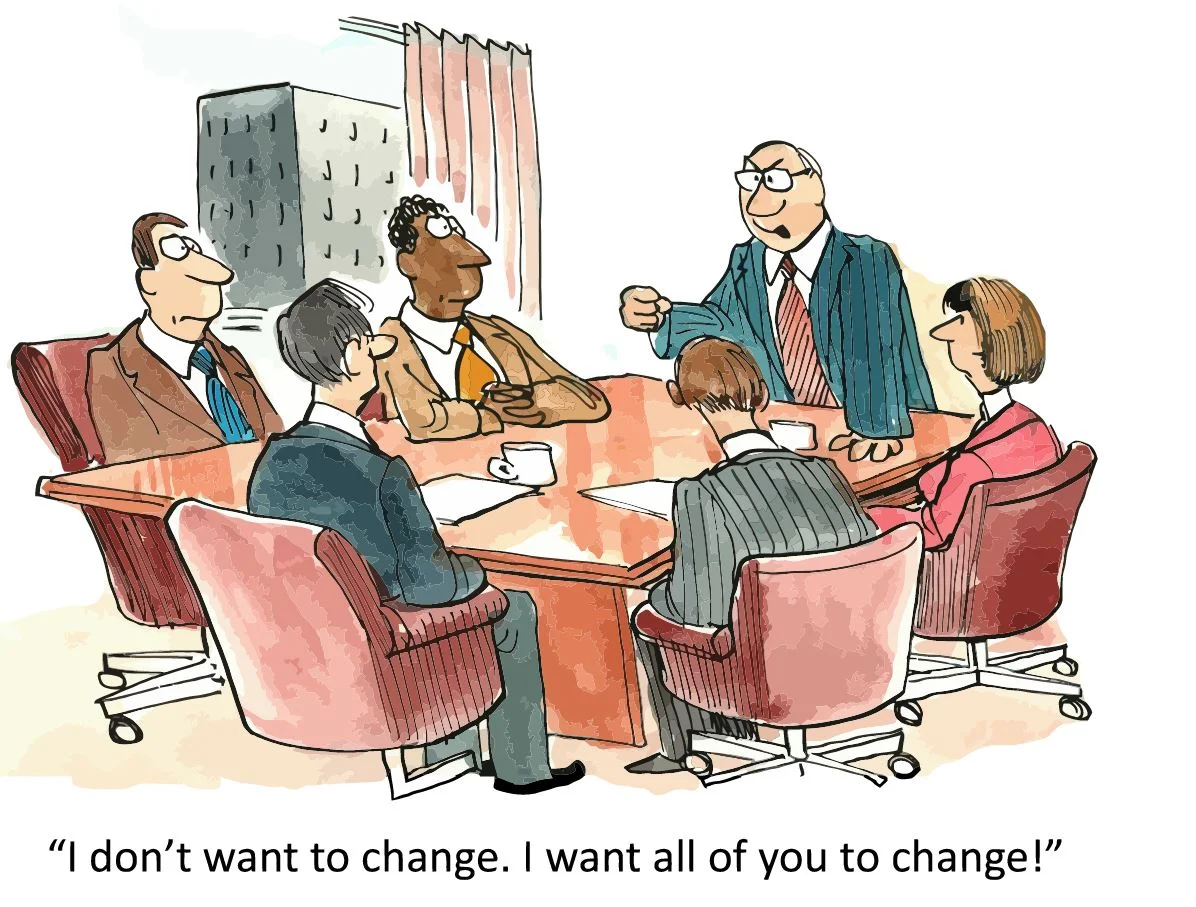Team dysfunction? Spoiler alert: The manager is always the problem.
Read MoreIn a previous episode of my podcast, Lessons from Mars, I mentioned that I became uneasy with the existing approaches to team development. I’d been working with Tuckman’s 4 Stages of Team Development - a standard in team development for decades.
Tuckman’s stages, which include Forming, Storming, Norming, and Performing, offer useful insights into how groups form and mature as teams. However, as I dug deeper into the Four Stages as part of a team charged with creating a team development module for a Mars Management Development program, I found there were three key flaws with Tuckman’s model as it was applied to the corporate world.
Read MoreMy book is titled “Lessons from Mars”, and that is truly what it contains. Over 17 years as an associate at Mars, Inc., I was able to learn about teams hands-on and observe the effects of collaboration and team building strategies.
The culture at Mars was integral to my success in many ways, but three specific aspects made it the ideal environment for my research on team effectiveness.
A few years ago, one of my HR colleagues called me with a request. “There’s this finance team I support and they are so dysfunctional it’s unbelievable. Can you help?” I paused, uncertain how to answer. I’d always felt that I was good with troubled teams, that I had a knack for working with dysfunction. But in this case, I balked.
Read MoreTrust isn’t a precondition for team success and we have to stop treating it that way. Don’t get me wrong; trust in teams matters - a lot. But too many teams believe that they need to build trust first in order to improve their performance or address their issues.
Read More




